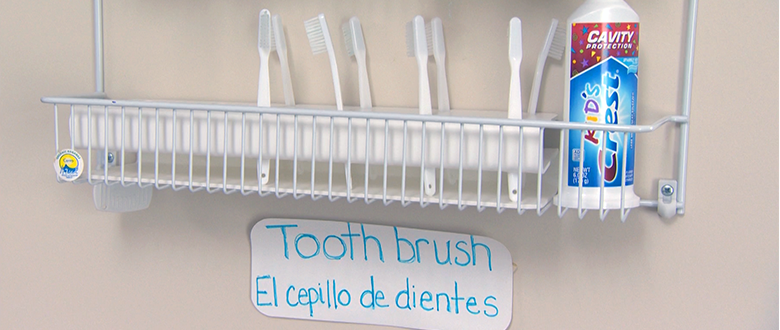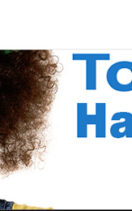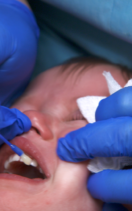Last month, Tooth Talk presented tips for overcoming toothbrushing challenges with infants and toddlers, including children with special healthcare needs. This month, we focus on group toothbrushing in the classroom with three-, four-, and five-year-olds.
These tips can help you overcome toothbrushing challenges with older children!
- Be positive. Your great attitude and positivity go a long way to helping children brush.
- Be inclusive. Children with special healthcare needs must be accommodated and included. Document the accommodations you think children need in the Child Medical Action Plan.
- Be helpful. Usually during group brushing, children brush teeth on their own with adult supervision and encouragement. Clear, calm, and confident instructions let children know you are counting on them to do a good job. Children know what to expect when you follow a routine.
- Be aware. Is handling the toothbrush a challenge for a child? Does the child need more practice or is something else going on? Pay attention to what’s happening with the children during brushing.
- Be willing to make a change for a child. Group brushing means children use a pea-size drop of fluoridated toothpaste and spit into a disposable cup after brushing. If you see a child having trouble spitting, you know the child isn’t ready for the pea-size amount of toothpaste. Cut back to a smear the size of a grain of rice until they are ready. No spitting needed with that small amount.
- Be proactive and ask for help. Whether it’s an infant, toddler, or preschooler, when you see a child who needs extra support, reach out to other professionals from your center and community. Behavioral and occupational therapists, your child care health consultants, and dental and medical professionals are available to share ideas.
No matter what the toothbrushing challenge, every child deserves the opportunity for good oral health. The best way to make that happen? Remember: Brushing is fun!
To learn more, visit the Maternal and Child Health Bureau, check out information on children with special health care needs and disabilities, or see the Brush Up on Oral Health tip sheets.





